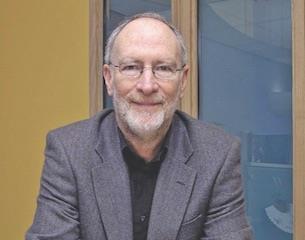
In the current economic climate, every employer is looking for ways to motivate its workforce, boost productivity, inspire creativity and, ultimately, improve its bottom line.
Interestingly, there is a real business case for the benefits of incorporating natural elements into office design. Known academically as biophilia, the concept describes the biological and psychological need we have to be continually connected to nature. For organisations that take this approach, the gains – in terms of employee motivation and productivity – can potentially be huge.
The impact of biophilic design on employees is well documented through a growing body of research. The study carried out by Interface and Robertson Cooper in the Human Spaces report, The Global Impact of Biophilic Design in the Workplace, published in March 2015, found that incorporating natural elements into office design increased workers’ wellbeing by 15%, productivity by 6% and creativity by 15%.
Large organisations, such as Google and Apple, are already setting the global standard for workplace design. Not only do their flagship offices embody their external brands, they also provide their employees with a motivational space to work. A significant part of this is the incorporation of natural elements in the design, which creates that beneficial connection to nature.
Geoff Dutaillis, group head of sustainability at Lend Lease, summed up the importance of the building environment to employees in the World Green Building Council report, Health, Wellbeing and Productivity in Offices: The Next Chapter for Green Building, released in September 2014, saying: “Whatever business you are in, you are in the business of people. How a building ‘works for people’ should be the priority question.”
Businesses across the world are fighting to not only keep their employees motivated to produce the highest calibre of work, but also to attract the top candidates in their sector. To stay ahead of competitors, organisations must prioritise employee wellbeing, ensuring all aspects of the brand, both internal and external, appeal to their happiness, creativity and productivity.
Sir Cary Cooper is professor of organisational psychology and health at Manchester Business School, University of Manchester.





























